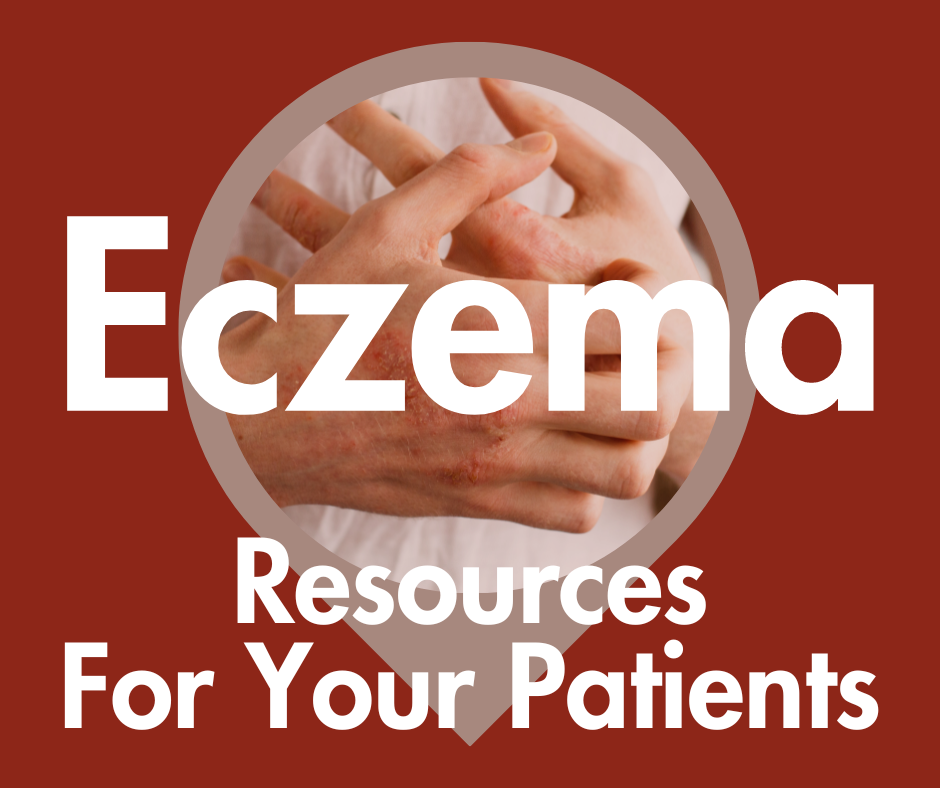- Acne
- Actinic Keratosis
- Aesthetics
- Alopecia
- Atopic Dermatitis
- Buy-and-Bill
- COVID-19
- Case-Based Roundtable
- Chronic Hand Eczema
- Chronic Spontaneous Urticaria
- Drug Watch
- Eczema
- General Dermatology
- Hidradenitis Suppurativa
- Melasma
- NP and PA
- Pediatric Dermatology
- Pigmentary Disorders
- Practice Management
- Precision Medicine and Biologics
- Prurigo Nodularis
- Psoriasis
- Psoriatic Arthritis
- Rare Disease
- Rosacea
- Skin Cancer
- Vitiligo
- Wound Care
News
Article
Real-World Insights: Systemic Therapies in Moderate to Severe Atopic Dermatitis Patients
Author(s):
These insights highlight the crucial role of systemic therapies in the comprehensive management of moderate to severe atopic dermatitis.
Therapeutic inertia and underutilization of advanced systemic therapies persist due to the different presentations of atopic dermatitis (AD). A study presented in a poster session at Maui Derm NP+PA Fall 2023 aimed to shed light on the clinical characteristics and treatments of AD patients seen by nurse practitioners (NPs) and physician assistants (PAs) and to understand disease control perspectives related to these treatments.1
Study Methods
Conducted as part of the Adelphi AD Disease Specific Programme, a comprehensive real-world study was carried out in the United States between February 2021 and February 2022. NPs and PAs provided demographic and clinical data, their opinions on optimal disease control, satisfaction levels with current AD management, and reasons for dissatisfaction.
Study Results
Among the 874 surveyed patients, 51% received systemic therapies in combination with topicals or as standalone treatments. Notably, 12% of all patients exclusively received systemic therapies. Disease severity was categorized as mild in 77% of patients receiving systemics only, highlighting the effectiveness of this treatment approach.
Flares were reported in 18% of patients under systemics only, 34% under combined systemic and topical therapies, 46% under topicals only, and 50% under other or no treatment. NPs/PAs expressed high satisfaction levels with AD control in patients treated with systemics only (90%) and those under combined systemic and topical therapies (77%).
Furthermore, for 80% of patients on systemics only, the current treatment regimen was deemed to be the most effective. In contrast, this figure stood at 60% for patients on combined systemic and topical treatments, and significantly lower for patients receiving topicals only (45%) or other/no treatment (51%).
Conclusion
The findings of this study underscore the positive impact of systemic therapies on patients with a history of moderate to severe AD in real-world clinical settings. Notably, patients treated exclusively with systemics displayed more mild disease severity and experienced fewer current flares. Moreover, NPs and PAs expressed higher satisfaction levels and considered this approach to be the most effective.
Patients receiving combined systemic and topical treatments also exhibited improved disease control compared to those receiving topicals alone or no treatment. These insights highlight the crucial role of systemic therapies in the comprehensive management of moderate to severe AD. By understanding these real-world treatment dynamics, dermatology clinicians can optimize therapeutic strategies for their patients, ultimately enhancing their quality of life.
Reference
1. Reynolds M, Dawson Z, Marwaha S, et al. Systemic therapy for patients with atopic dermatitis results in increased advanced practice provider disease control satisfaction and decreased frequency of flares: a real-world study. Poster presented at: Maui Derm NP+PA Fall 2023; September 27-30, 2023; Asheville, NC.
Newsletter
Like what you’re reading? Subscribe to Dermatology Times for weekly updates on therapies, innovations, and real-world practice tips.






